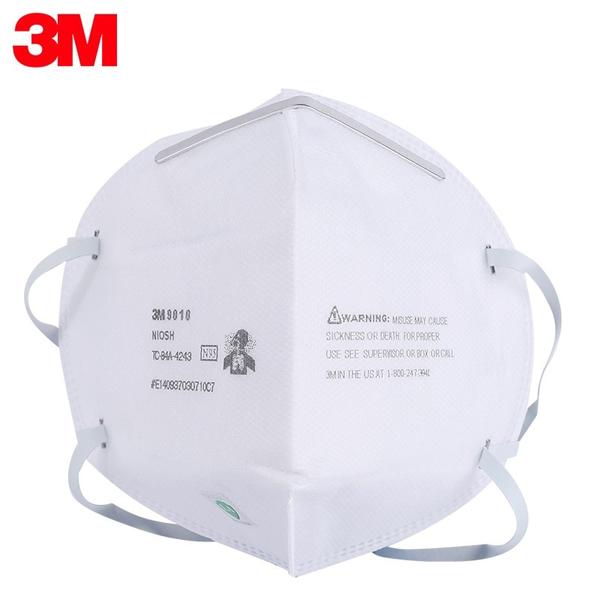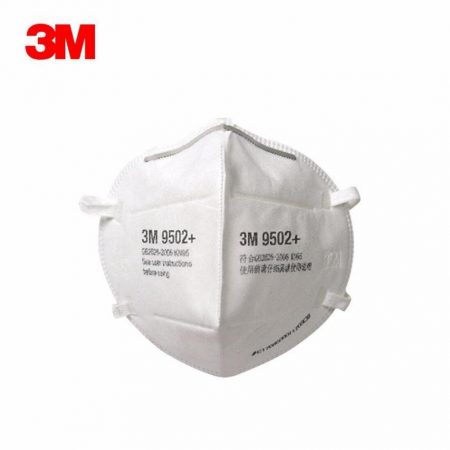Wearing A Mask During The Covid-19 Pandemic
When choosing a
protective 3m 9501 mask, it is worth paying
attention to, among others on aspects such as sufficient adjustment to the
face, the presence of filters or the ability to breathe freely.
Antivirus mask
An anti-virus mask that fits snugly on the face and is changed frequently protects against:
· Viruses (but also bacteria),
· Smog,
· Allergens,
· Dust and mites,
· Mold spores,
· Pollen.
There are also antiallergic masks for children on the market, whose task is to reduce the feeling of allergy symptoms, such as sneezing or runny nose. The masks reduce the risk of inhaling pollen, mold spores or allergens.
Coronavirus mask
When and how to use face masks against coronavirus ? According to the World Health Organization, the mask should be worn when:
· You are a healthcare professional
· You have symptoms of COVID-19,
· You are the caretaker of an infected or suspected person.
Additionally, remember to keep social distance. According to WHO recommendations, it should be no less than 1 meter. The mask is also recommended when:
· You are a senior, i.e. you are 60 years old
· You have comorbidities,
· In places where COVID-19 is widespread,
· It is not possible to keep a distance of less than 1m.
Wearing masks can also include situations such as direct contact with colleagues, cashiers and waiters. You should also consider wearing masks when traveling on public transport, in workplaces, in grocery stores and in other crowded spaces.
As recommended by WHO, face masks made in uk should be worn when coughing and sneezing. They are only effective when used in conjunction with frequent hand disinfection with preparations or soap and water.


Comments
Post a Comment